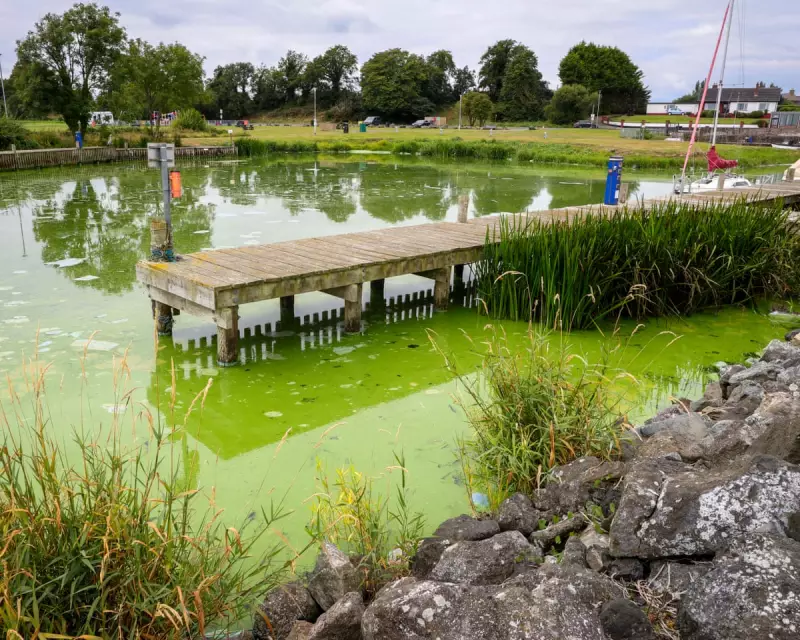
The serene waters of Lough Neagh, once the beating heart of Northern Ireland's ecosystem and economy, are now a swirling, toxic green. The United Kingdom's largest lake is undergoing an ecological meltdown so severe that scientists and locals describe it as 'dying in front of our eyes'.
A Perfect Storm of Pollution
The crisis is not born of a single cause, but a perfect storm of environmental neglect. A combination of agricultural runoff, saturated with phosphates and nitrates from fertilisers, and poorly treated sewage has poured into the lough for decades. This nutrient-rich cocktail acts as a superfood for microscopic blue-green algae, known as cyanobacteria.
These algal blooms are not just unsightly; they are profoundly dangerous. They suffocate aquatic life by depleting oxygen levels and release potent toxins that can be fatal to wildlife, livestock, and harmful to humans. The very foundation of the lough's food web is crumbling.
The Human Cost of a Dying Lake
For communities surrounding the lough, the disaster is both an environmental and a cultural tragedy. The local fishing industry, once renowned for its world-class eels, has been decimated. Eel fishermen, whose families have worked the waters for generations, have been put out of business, their livelihoods stolen by the green sludge.
Residents report no longer being able to swim, boat, or even let their pets near the water for fear of illness. The distinct, foul odour of decay now frequently hangs in the air, a constant reminder of the lake's plight.
Systemic Failure and Political Paralysis
At the heart of this disaster lies a story of systemic failure. Despite years of warnings from scientists and environmental groups, effective action has been stalled by political inertia. The lough is managed by a complex web of government agencies and public bodies, leading to a paralysis in decision-making where no single entity takes ultimate responsibility.
The collapse of Northern Ireland's devolved government for two years created a critical policy vacuum, allowing the situation to escalate from a serious problem into a full-blown catastrophe without any ministerial oversight or intervention.
A Glimmer of Hope?
Restoring Lough Neagh will be a monumental task that requires immediate and drastic action. Experts state that solutions are known but politically challenging: implementing much stricter regulations on agricultural runoff, investing massively in modern wastewater treatment, and potentially altering water levels.
The road to recovery will be long and expensive, taking decades rather than years. The fate of Lough Neagh serves as a stark warning to the entire UK about the consequences of prioritising short-term economic interests over long-term environmental sustainability.





